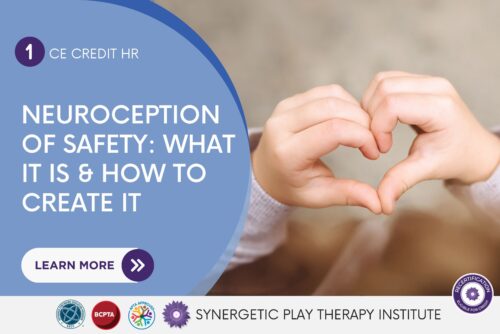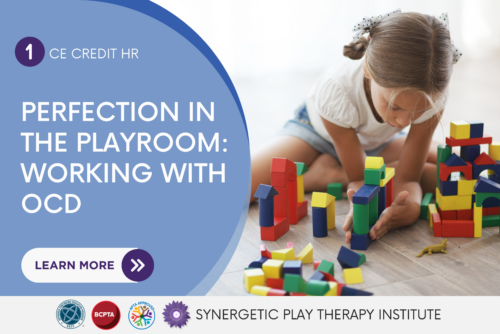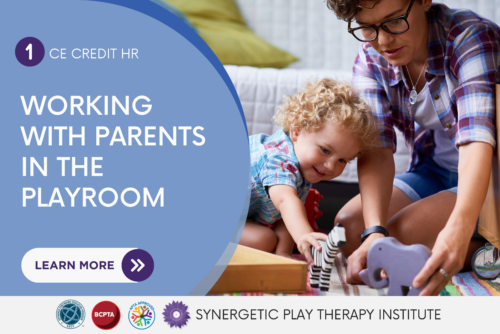Supporting a child struggling with obsessive compulsions and perfectionism can be incredibly challenging as the desire to move the child out of their rigidity and rituals can overshadow the deeper issues and stressors driving the behaviors. In this course, you will gain an understanding of Obsessive Compulsive Disorder, the behavior of perfectionism, and how play therapy can support the integration of the underlying drivers of the behaviors so as not to intensify the inner struggle that is often experienced by these children as they attempt to stop, control and even deny the urges in their bodies.

 Supporting a child struggling with obsessive compulsions and perfectionism can be incredibly challenging as the desire to move the child out of their rigidity and rituals can overshadow the deeper issues and stressors driving the behaviors. In this course, you will gain an understanding of Obsessive Compulsive Disorder, the behavior of perfectionism, and how play therapy can support the integration of the underlying drivers of the behaviors so as not to intensify the inner struggle that is often experienced by these children as they attempt to stop, control and even deny the urges in their bodies.
Supporting a child struggling with obsessive compulsions and perfectionism can be incredibly challenging as the desire to move the child out of their rigidity and rituals can overshadow the deeper issues and stressors driving the behaviors. In this course, you will gain an understanding of Obsessive Compulsive Disorder, the behavior of perfectionism, and how play therapy can support the integration of the underlying drivers of the behaviors so as not to intensify the inner struggle that is often experienced by these children as they attempt to stop, control and even deny the urges in their bodies. Parents are the most important allies of the play therapist. But forming this alliance requires time, understanding, and lots of communication. It also requires congruence, adaptability, and an appreciation of the parents’ authentic selves. Parents and play therapists are on the same team with one common goal: promote healing for a struggling child. This one-hour home study course explores this play therapy pact.
Parents are the most important allies of the play therapist. But forming this alliance requires time, understanding, and lots of communication. It also requires congruence, adaptability, and an appreciation of the parents’ authentic selves. Parents and play therapists are on the same team with one common goal: promote healing for a struggling child. This one-hour home study course explores this play therapy pact.
